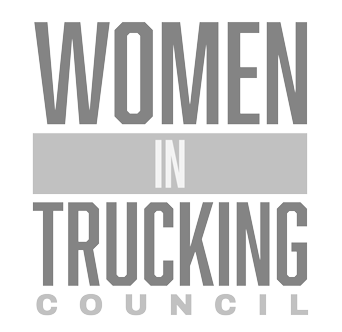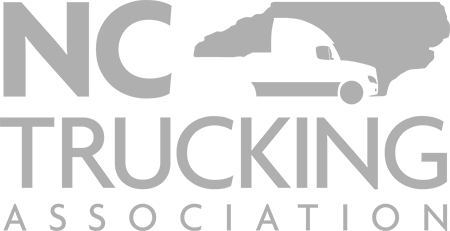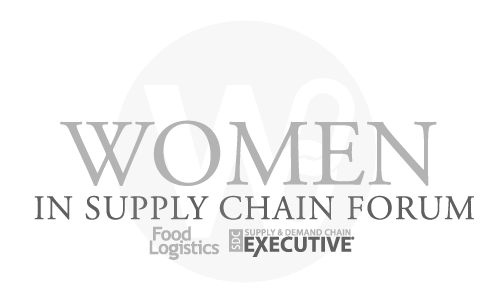The Evolution of Logistics: Key Technological Shifts in 2025
The global logistics landscape is undergoing a profound transformation, driven by rapid advancements in technology. This evolution is reshaping how goods are moved, managed, and delivered, with a particular emphasis on sectors requiring unparalleled precision and integrity, such as Specialized Pharmaceutical Cold Chain Logistics. As we navigate 2025, the demand for sophisticated solutions that enhance efficiency, visibility, and compliance continues to escalate. The pharmaceutical logistics market, valued at USD 92.18 billion in 2023, is projected for significant growth, highlighting the critical role technology plays in ensuring the safe and timely delivery of temperature-sensitive medications and vaccines. This article delves into the pivotal technological shifts defining the future of logistics, especially within the specialized cold chain segment.
Automating the Warehouse: Robotics and Smart Systems
Automation and robotics are no longer concepts of the distant future; they are integral to modern warehousing. In 2025, these technologies are set to provide a competitive advantage by streamlining operations, minimizing human error, and accelerating throughput. Automated guided vehicles (AGVs), robotic picking systems, and smart sorting solutions enhance efficiency in fulfillment centers, ensuring faster order processing and improved accuracy. For the pharmaceutical industry, where precision is paramount, automated warehousing systems offer enhanced control over inventory, reducing the risk of damage or spoilage. These systems can also integrate with AI-powered analytics to optimize inventory management and improve demand forecasting, directly benefiting the complex requirements of a Specialized Pharmaceutical Cold Chain Logistics operation by ensuring that vital products are always available and properly stored.
AI and Machine Learning Driving Intelligent Transportation
Artificial Intelligence (AI) and Machine Learning (ML) are at the forefront of intelligent transportation, enabling logistics providers to make smarter, data-driven decisions. These advanced algorithms analyze vast amounts of historical and real-time data to identify patterns, predict demand fluctuations, and optimize transportation routes. From dynamic rerouting to proactive risk management, AI and ML enhance operational efficiency and build resilience within supply chains. This intelligence is invaluable for maintaining the strict conditions required for Specialized Pharmaceutical Cold Chain Logistics, allowing for adaptive planning and immediate responses to potential disruptions, thereby safeguarding sensitive cargo from origin to destination.
Enhancing Transparency and Security with Blockchain and Big Data
Transparency and security are foundational pillars in contemporary logistics, particularly for high-value and sensitive shipments like pharmaceuticals. Blockchain technology offers an immutable, decentralized ledger that provides end-to-end visibility of goods, from manufacturing to delivery. Each product gains a unique digital identity, detailing its origin, certifications, and ownership history, which is crucial for verifying authenticity and preventing counterfeiting in the pharmaceutical sector. Concurrently, big data analytics transforms raw information into actionable insights, helping logistics companies optimize routes, forecast demand with greater accuracy, and manage inventory more effectively. This combination strengthens the integrity and traceability essential for Specialized Pharmaceutical Cold Chain Logistics.
Precision Tracking for Specialized Pharmaceutical Cold Chain Logistics via IoT
The Internet of Things (IoT) is revolutionizing how pharmaceutical products are transported, offering unprecedented levels of precision and real-time monitoring. For Specialized Pharmaceutical Cold Chain Logistics, IoT-powered sensors and trackers are critical. These devices are attached to shipments, pallets, or containers, constantly monitoring vital parameters such as temperature, humidity, and location. This real-time data ensures that pharmaceutical goods, many of which require strict temperature controls, remain within their specified ranges throughout their journey. Any deviation triggers immediate alerts, allowing for swift intervention and preventing costly spoilage. The ability to track and monitor conditions continuously is indispensable for compliance with regulatory standards and for maintaining the efficacy and safety of pharmaceutical products. According to an article from Clinical Trials Arena, 59% of pharmaceutical sector decision-makers expect steady growth in cold chain logistics over the next one to two years, demonstrating the increasing reliance on such precise tracking capabilities. For further insights into key trends shaping the future of pharma cold chains, refer to Pharma cold chains: Major trends shaping the next decade.
Augmented and Virtual Reality Transforming Logistics Operations
Augmented Reality (AR) and Virtual Reality (VR) are emerging as powerful tools in logistics, enhancing operational efficiency and training. In warehouses, AR headsets can guide workers through complex picking and packing processes, reducing errors and improving speed. VR simulations provide immersive training environments, allowing employees to practice handling delicate cargo and managing hazardous situations without real-world risks. This is particularly beneficial for the intricate procedures involved in Specialized Pharmaceutical Cold Chain Logistics, where proper handling protocols are vital. By offering hands-on experience and real-time visual assistance, AR and VR contribute to a more skilled workforce and fewer operational missteps.
Autonomous Vehicles and Drones Pioneering Future Deliveries
The vision of autonomous vehicles and drones reshaping logistics is rapidly becoming a reality. Self-driving trucks are being deployed for long-haul routes, reducing labor costs and improving safety. Drones are proving effective for last-mile deliveries, especially in remote or difficult-to-access areas, offering faster and more flexible options. These technologies hold significant promise for Specialized Pharmaceutical Cold Chain Logistics by providing efficient, secure, and potentially faster transit times. The ongoing development of unmanned traffic management systems and sense-and-avoid solutions will further integrate these autonomous delivery methods into the broader supply chain, ensuring that critical medical supplies reach their destinations with unprecedented speed and accuracy.
Digital Twins and Sustainable Practices for Optimized Supply Chains
Digital twins, virtual replicas of physical assets and processes, are revolutionizing supply chain optimization. By creating a digital twin of an entire logistics network, companies can simulate various scenarios, identify bottlenecks, and optimize routes and inventory in real-time. This technology enables freight brokers and logistics providers to make agile, informed decisions, crucial for the dynamic environment of Specialized Pharmaceutical Cold Chain Logistics. Beyond efficiency, sustainability is a growing imperative. Logistics companies are adopting eco-friendly transport methods, investing in electric vehicles, optimizing routes to reduce emissions, and utilizing recyclable packaging. Sustainable practices not only align with corporate responsibility but also enhance brand reputation and can lead to significant cost savings. The convergence of digital twins and sustainable practices creates more resilient, efficient, and environmentally conscious supply chains, vital for future-proofing operations and meeting the stringent demands of the pharmaceutical industry. For a comprehensive overview of the market, including growth projections and key segments, explore the Pharmaceutical Logistics Market Size & Share Report, 2030.
Have questions? Contact us here.














